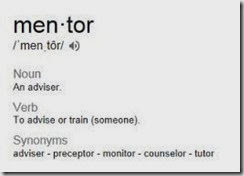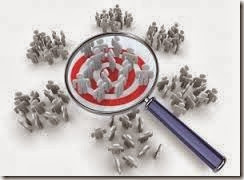 I apologize for not sharing a post to this blog since November 22. My efforts to hire a new employee left me mentally and physically distracted. While I garnered enough material for the next month’s worth of blogs about careers, I still found it difficult to put thoughts to words. I learned a lot and will share what I learned over the next few weeks.
I apologize for not sharing a post to this blog since November 22. My efforts to hire a new employee left me mentally and physically distracted. While I garnered enough material for the next month’s worth of blogs about careers, I still found it difficult to put thoughts to words. I learned a lot and will share what I learned over the next few weeks.
I’m feeling more focused and want to share my experiences from a hiring authority’s view.
First, I want to wish you a Merry Christmas.
A Message from the 4th Wise Man and Dick Bolles
My wife loves the story of the 4th Wise Man who missed the other three because he stopped to help a wounded man on the road, save woman’s child in Bethlehem, and a colony of outcasts. In the end, he meets the resurrected King he sought his whole life. The King commends the 4th Magi because “Inasmuch as ye did it unto one the least of these my brethren, ye have done it unto me.”
Richard Nelson Bolles, the author of the best selling What Color is Your Parachute?, wrote a poem on Christmas Eve reflecting the same thought..
“It’s Christmas season! In the street
The hungry beg for food to eat
And hope that shoppers, hurrying by
Will stop. And look them in the eye,
Say "Sorry what’s befallen you.
Here’s ten. The least that I can do.
You are my brother, sister, friend,
I hope your mis’ry soon will end.”
But that ‘s not what most shoppers think
They think: “It’s a scam, or else he’ll drink!
Why waste my money, better not
He’s probably a drunken sot.”
Our purse stays closed, we hurry on
And we are proud we were not conned.
Of course, there always is that chance
Their plight was real, we did our dance
Away from empathy, in vain
They really are in a lot of pain.
Look! Our only command is Give! (or lend it)
We mustn’t obsess about how they spend it
Go back, talk to them, have no fear
And say the words they long to hear,
“So sorry what’s befallen you.
Here’s ten! the least that I can do.
You are my brother, sister, friend,
I hope your mis’ry soon will end.”

























